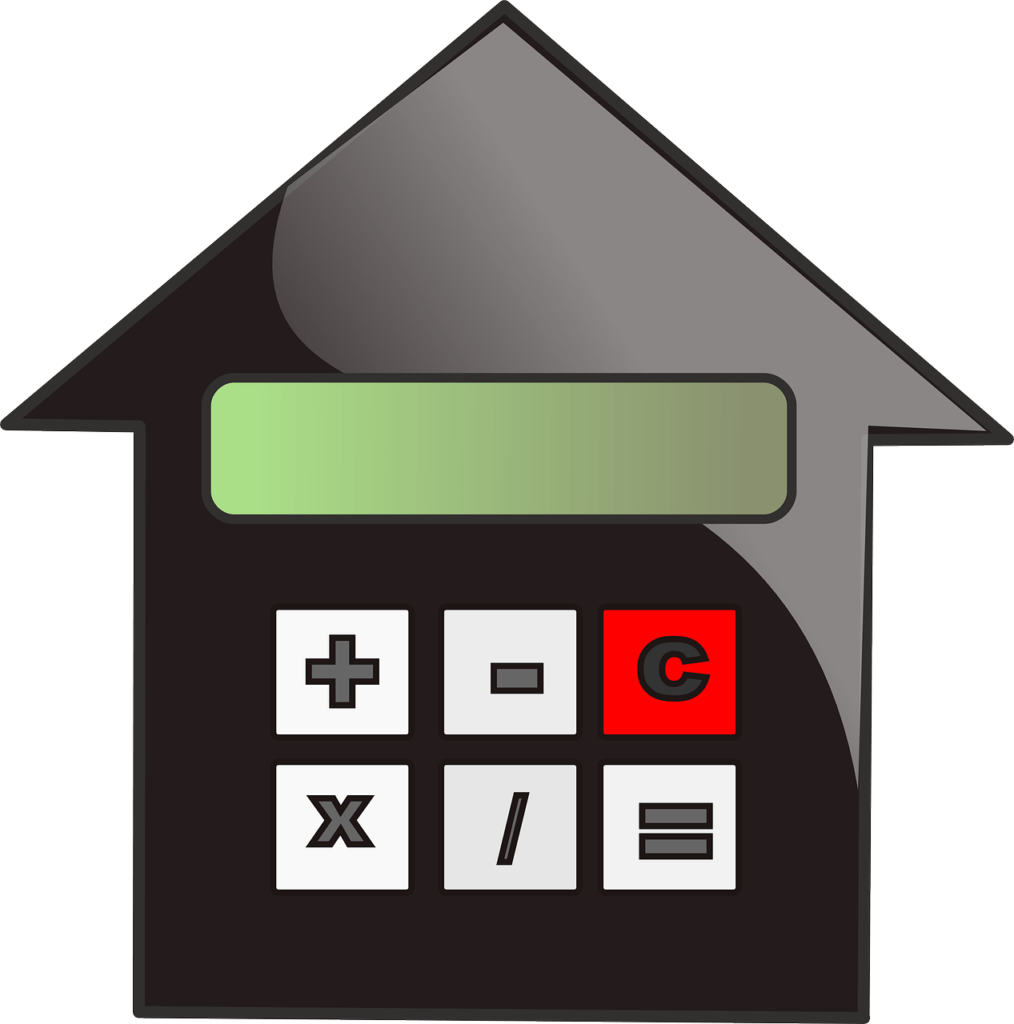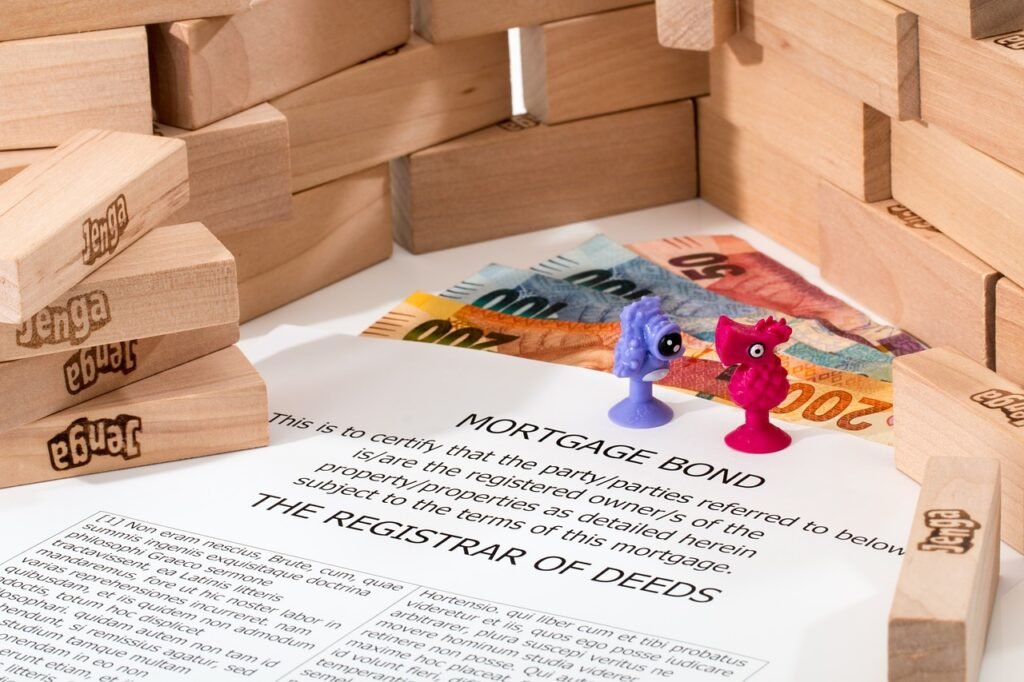Your OBSESSION With Homeownership Is MAKING YOU BROKE!
Are you ready to uncover the truth about homeownership and its impact on your finances? The article “Your OBSESSION With Homeownership Is MAKING YOU BROKE!” delves into the stark reality that renters are saving significantly more money than homebuyers nationwide. With an average renter saving $1,030 per month compared to the typical U.S. homebuyer, the question arises: why are people still adamant about buying despite soaring costs? The escalating interest rates and home prices have made the housing market increasingly unaffordable, yet the obsession with homeownership prevails.
The discrepancy between the desire for affordable housing and the willingness to pay exorbitant prices is highlighted in this eye-opening piece. The lack of inventory in the real estate market has driven up prices, with high demand persisting despite limited supply. As the article by Michael Bordenaro reveals the financial risks and burdens associated with homeownership, it prompts a critical examination of the prevailing mindset towards buying a home.

Renters vs Homebuyers
As a renter, you have the advantage of saving significant amounts of money compared to those who choose to buy a home. On average, renters save $1,030 per month in comparison to U.S. homebuyers. The housing market has become increasingly unaffordable for many individuals, making renting a more financially viable option. With rising mortgage rates and home prices, the cost of homeownership has skyrocketed, leading many to reconsider their decision to buy a home. As a renter, you can enjoy the flexibility of moving without the burden of property maintenance, taxes, and insurance costs.
People’s Prioritization of Homeownership
Despite the high costs associated with owning a home, many people still prioritize buying over renting. The allure of homeownership, perceived as a representation of stability and success, often overshadows the financial implications that come with it. People’s desire to own a home stems from a deeply ingrained societal belief that owning property equates to achieving the American dream. This prioritization of homeownership persists, even in the face of escalating property prices and interest rates.
Personal Experience of a Renter-turned-homeowner
If you have transitioned from being a renter to a homeowner, you may have experienced the financial commitment and challenges that come with owning a property. As a former renter, you may have enjoyed the affordability and flexibility that renting provided. However, as a homeowner, you now face the burden of increased interest rates and property costs. Sharing your personal experience and perspective can provide valuable insights into the realities of transitioning from renting to homeownership.
Financial Implications of Homeownership
The financial implications of homeownership are significant, with interest rates and home prices on the rise. As a homeowner, you must be prepared to handle escalating costs, including property taxes and insurance. The burden of maintaining a property and ensuring its upkeep can add substantial financial strain. With rental prices also surging in some areas, the decision between renting and buying becomes even more crucial from a financial perspective.

Market Demand and Inventory
The real estate market is experiencing high demand for housing despite limited supply. The lack of inventory is a driving force behind the rising prices in the real estate market. If inventory levels were higher, the real estate market could potentially see a decline in prices. The reduction in available units for sale highlights the need for more listings to meet the demand for housing. As a prospective buyer or renter, understanding the market dynamics can help you make informed decisions regarding your housing options.
Impact of Short-term Rentals
Recent developments, such as the Dallas City Council banning short-term rentals in single-family home neighborhoods, have had repercussions on the housing market. Rules for short-term rentals in commercial and multi-family areas in Dallas have been implemented to regulate these accommodations. The impact of short-term rentals on the housing market includes potential changes in rental or for-sale listings. Debates surrounding short-term rentals revolve around their effects on neighborhood quality and affordable housing options.

Global Housing Market Trends
Global housing market trends showcase the volatility and challenges associated with property ownership. Examples of properties bought for significantly lower prices in the past fetching exorbitant amounts raise questions about housing affordability. The burden of delinquent property taxes, high-interest rates, and rising household debt levels are pressing concerns for property owners. Mortgage delinquencies and defaults may increase in the future, necessitating precautions and financial planning to mitigate risks.
Conclusion
In conclusion, the obsession with homeownership persists despite the high costs and financial risks associated with buying a property. The discrepancy between the desire for affordable housing and the willingness to pay inflated prices poses challenges for prospective buyers and renters. Understanding the market dynamics, financial implications, and global trends can help individuals navigate the complex landscape of the real estate market. Whether you choose to rent or buy, consider the long-term implications of your decision and prioritize financial stability and security in your housing choices.

